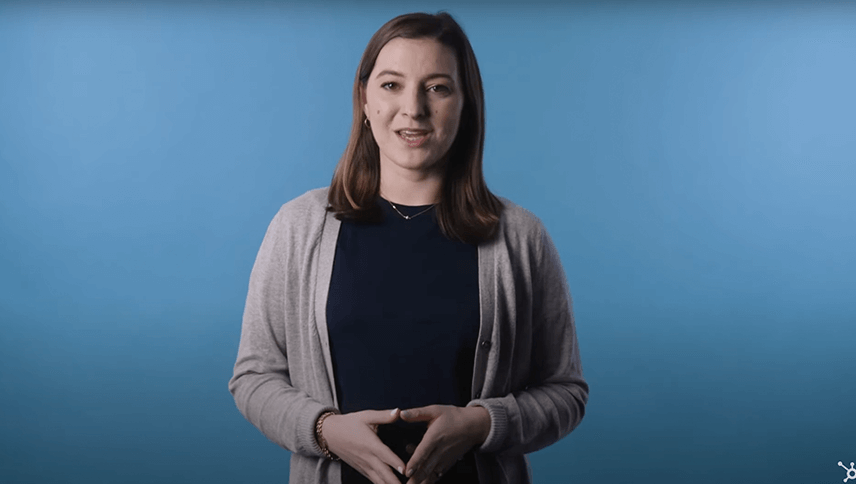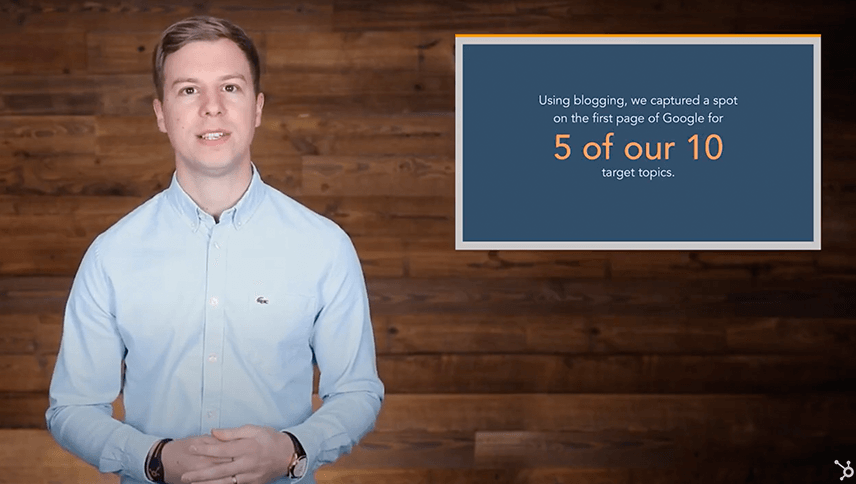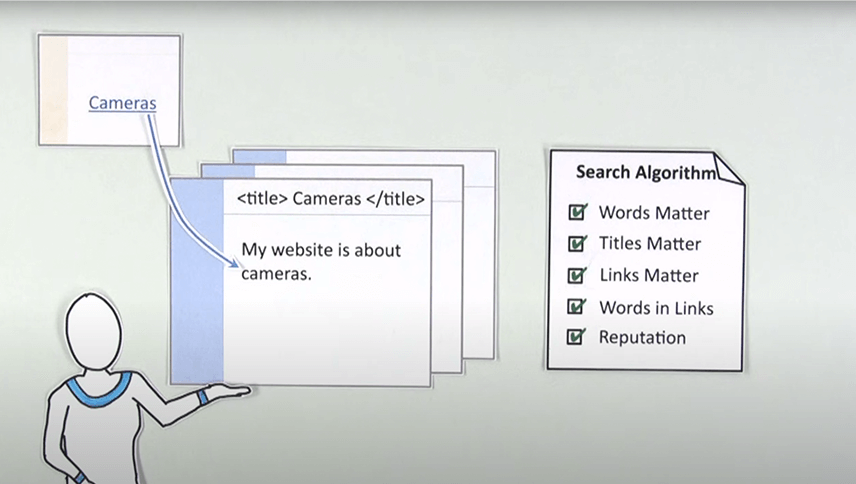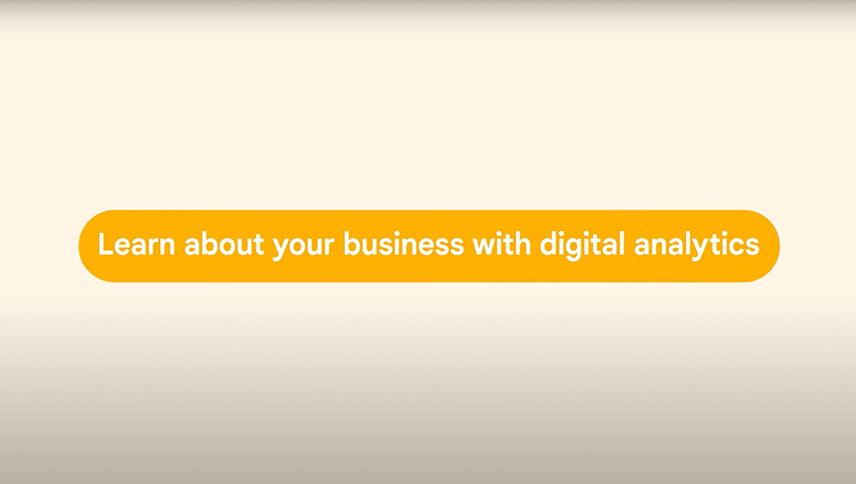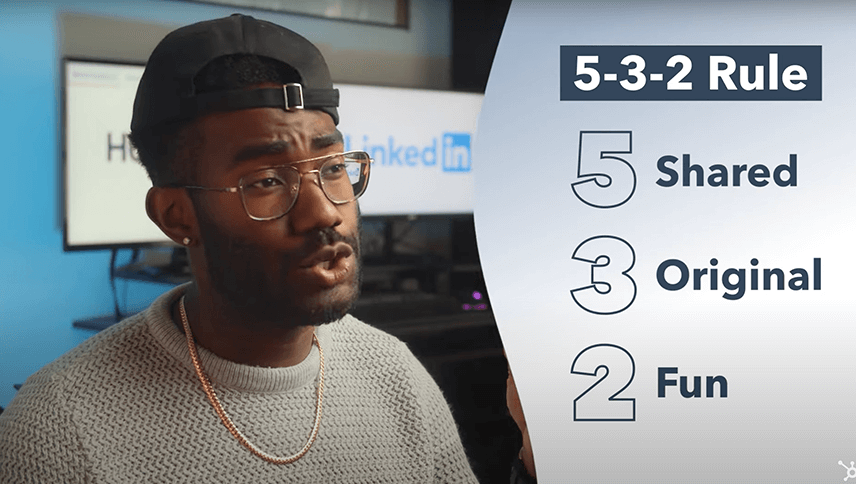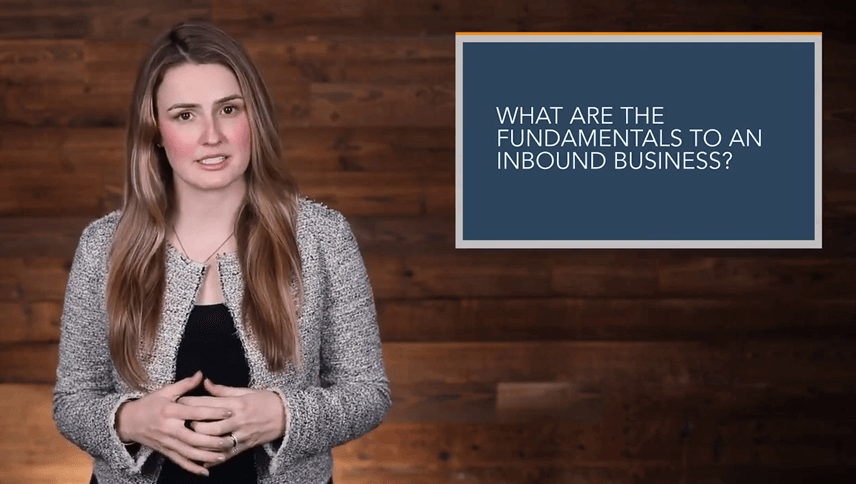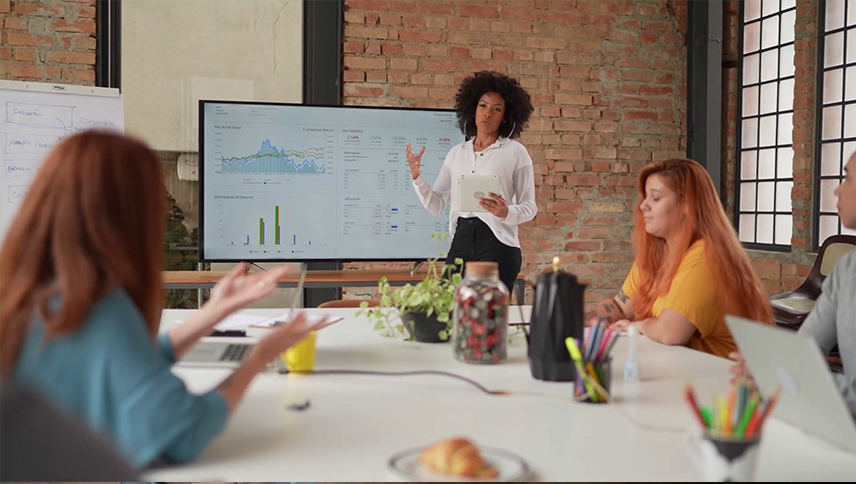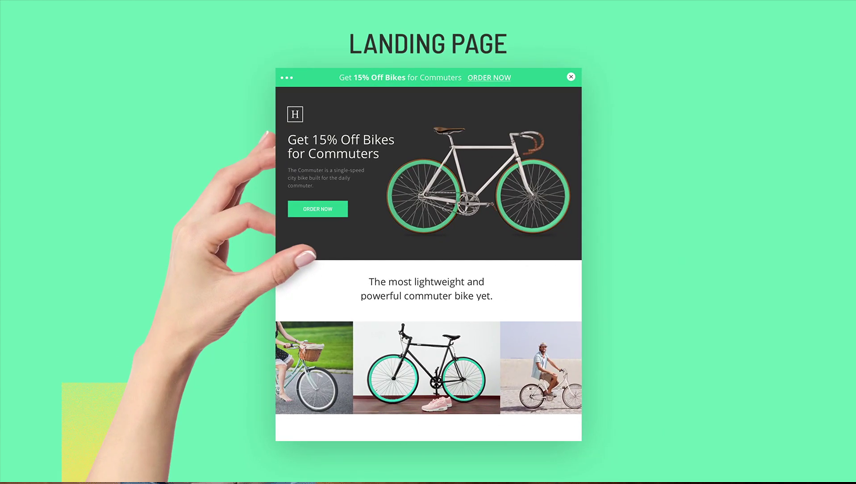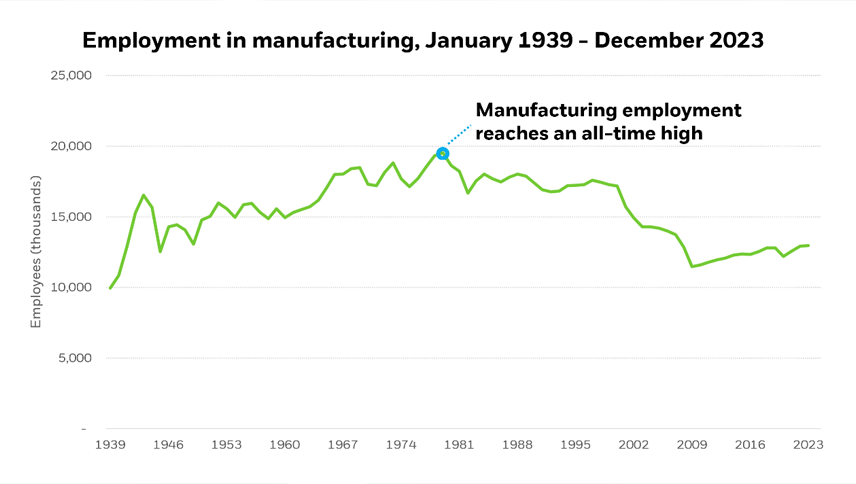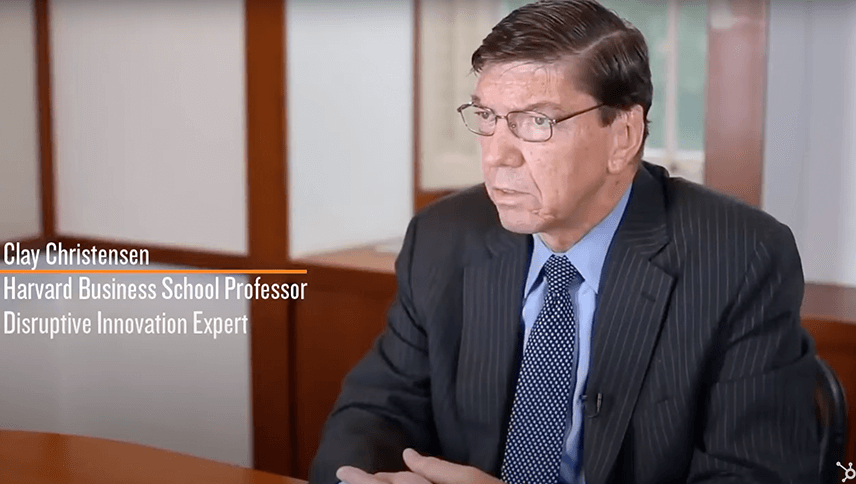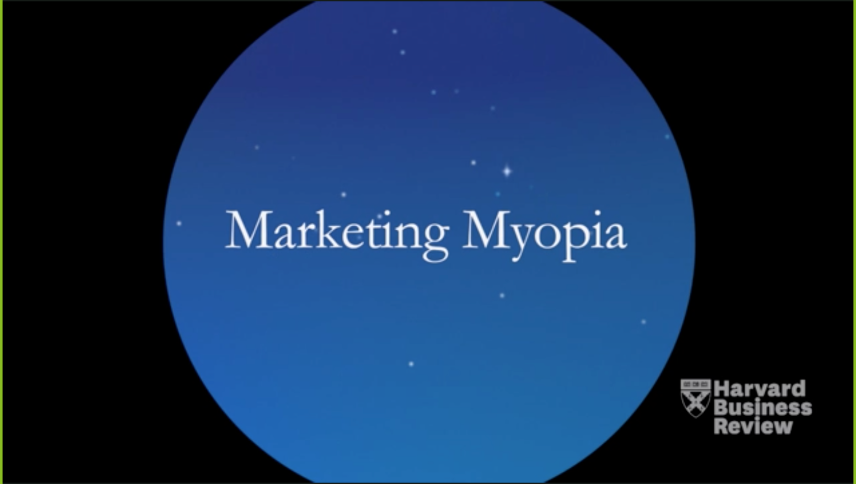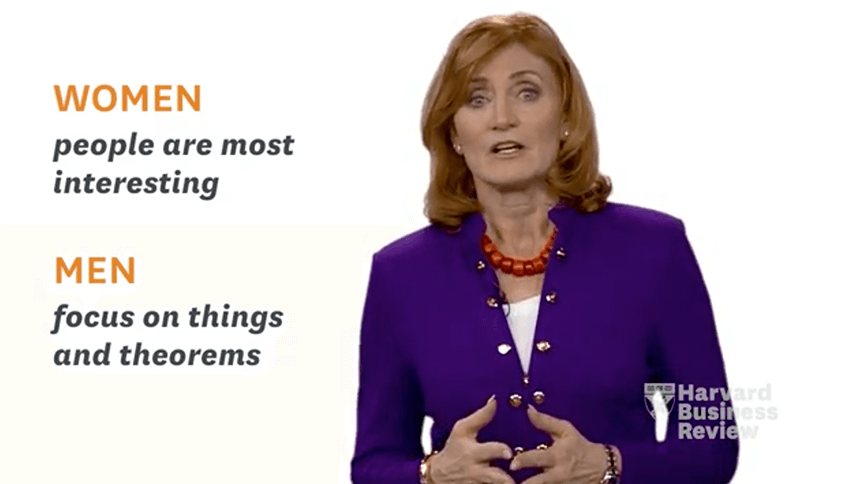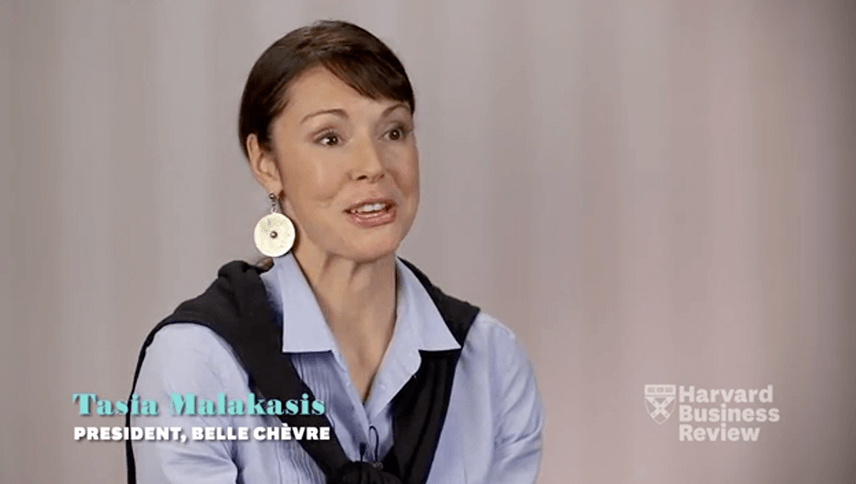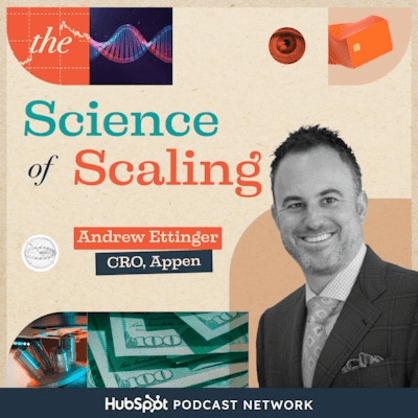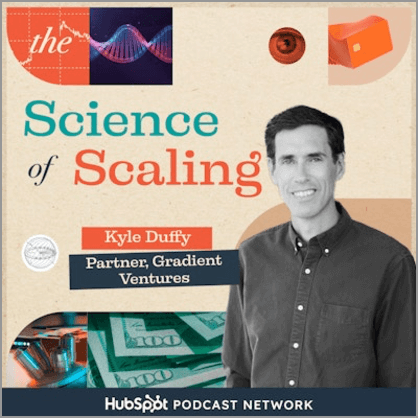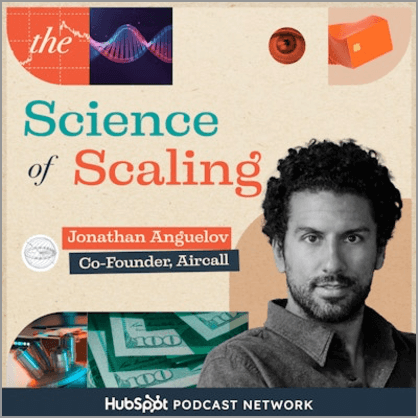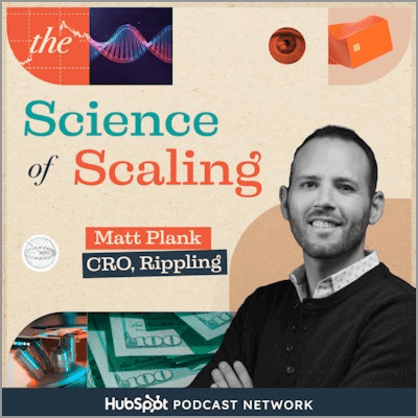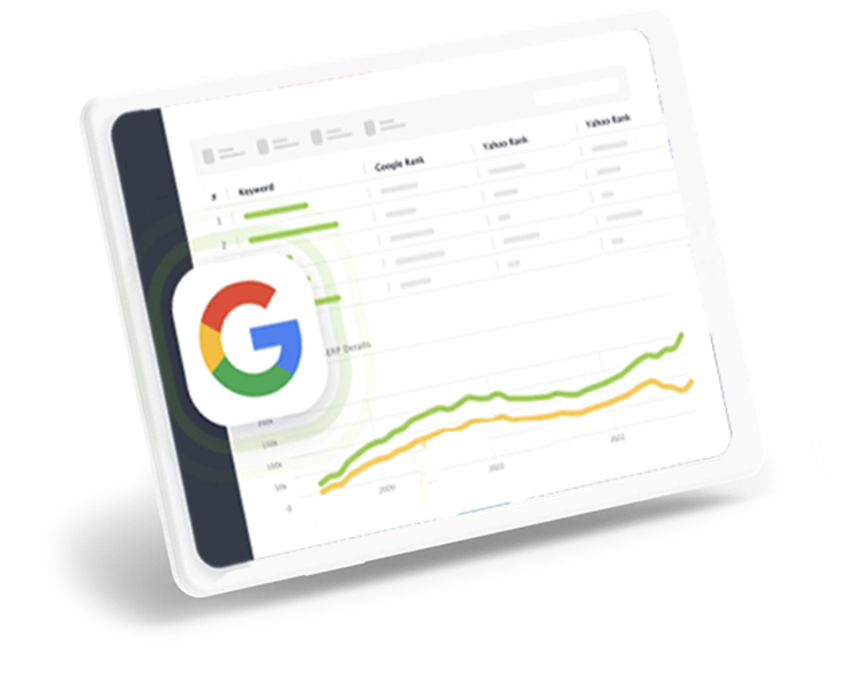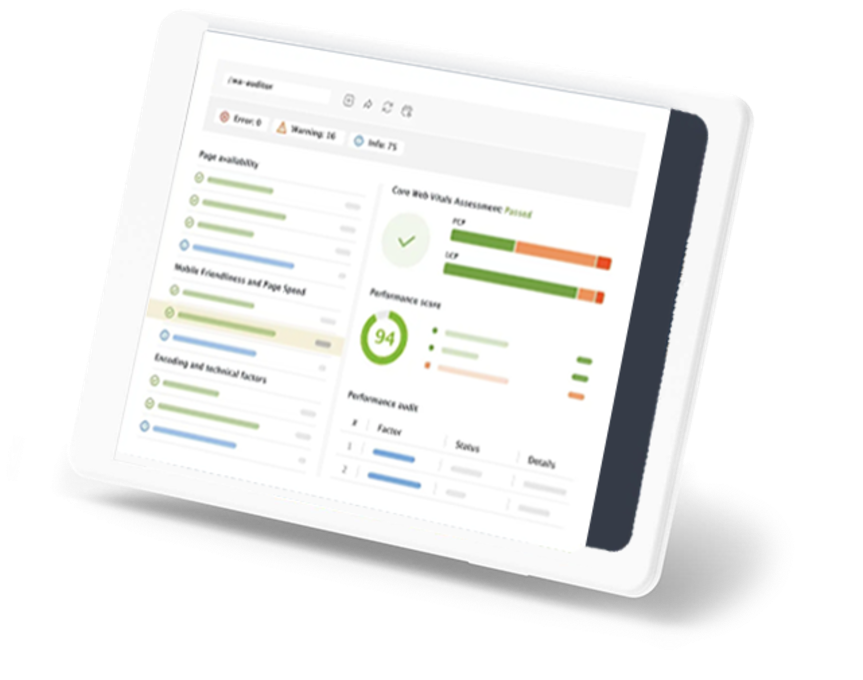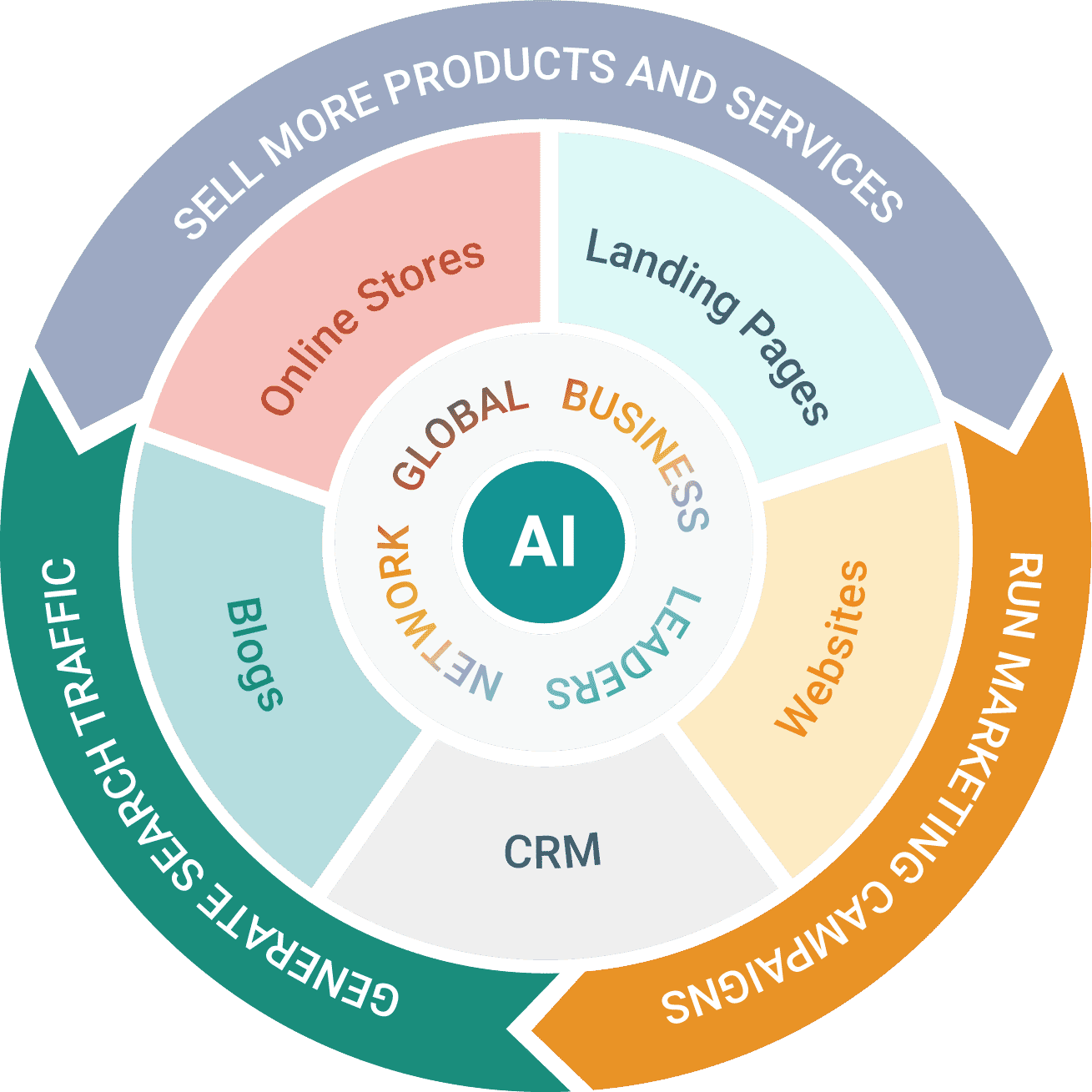How To Use LinkedIn For Business And Marketing
Masters in Marketing
With 740 million active users, LinkedIn has grown from a website for job seekers to a complete social media platform that professionals use even when they’re not on the hunt. That’s why a comprehensive content strategy on LinkedIn is crucial, especially if your business is B2B. What’s up? It’s Jamal from HubSpot.
In this video, I’m going to teach you how to create consistent and compelling content for LinkedIn so that your company can attract business minded followers and eventually, Customers. If you find this video helpful, give it a like and subscribe to the HubSpot YouTube channel. And check out the links in the description for tools that you can use to start increasing your LinkedIn engagement today.
At its core, inbound marketing is about solving a problem for your potential customers. And a big part of that is being where they are when they need help. Hopefully not in a creepy way, like you’re standing over their shoulder. It’s like safe distance, but like. That’s why LinkedIn is a critical tool, especially for B2B businesses.
After all, if someone is scrolling LinkedIn, it means they’re already in the business mindset. It’s a place where you can market your product or service without competing with memes. Which is a little sad, because I actually really love memes. Let’s talk about how to create content that really works with the platform.
First, you need to set up your LinkedIn business page. This is a pretty straightforward process that can be done in under an hour. You can find a link to our step-by-step instructions in the description below. LinkedIn recommends not skipping any sections, claiming that complete business pages get 30 percent more views.
Fully completing your business profile also unlocks tools like content suggestions, which we’ll talk about in just a minute. LinkedIn has a rather creative method for letting you invite people to follow your page while limiting spam. Each page gets 100 credits that can be used to invite your personal LinkedIn contacts to follow your page.
So, a hundred is the most you can invite at once. Every time someone accepts your invitation, though, you can get that credit back and use that to invite somebody else, anyone with super admin or content admin roles can invite their followers to your LinkedIn page. So, consider giving access to your salespeople, marketing team, and other top managers.
Anyone in your org who has a professional connection that you want following your business page. Maybe just give it to me. Who knows what I’d do with that power, but I think the risk is exciting and worth it. Just remember, you only get 100 invite credits total, so you might need to spread them around strategically.
But before you invite anyone at all, it’s a good idea to build up some content. This way, when someone receives the invite and goes to your page, there’s actually something for them to see. Imagine you get invited to a party, you pull up, nobody’s there. But then the host is like, they’re coming. And you’re like, I don’t believe you.
So, content. In many ways, you run your LinkedIn content just the way you would run any other social media calendar. But some content works better on LinkedIn than on other platforms. For example, a quick infographic might be great for Instagram, but an in-depth white paper analysing the same research could be better suited for LinkedIn.
Plus, LinkedIn has some great tools for creating content that other platforms don’t. Like You get to the content suggestions tool by clicking on the content tab of your business page. From there, you’ll be taken to a page that suggests three categories of content. Trading articles, company news, and employee milestones.
Trading articles is a list of content from other sources that you might like to share with your followers. You can filter the articles based on things like industry, location, job function, and seniority. You can also choose articles that are trending on all of LinkedIn with people who follow your page or amongst employees of your company.
This is another way you can leverage your team’s activity on LinkedIn to support your business. The trending articles come in very handy if you follow what LinkedIn calls the 5 3 2 rules. This means that for every 10 posts, 5 should be shared content, 3 should be original content, and 2 should be fun content that gives your brand character.
Yeah! Break that out at the club. You know what I’m saying? The trending articles tool makes shared content a breeze and it demonstrates engagement with your industry as a whole or bring valuable information to your followers. Shared content can also include any post from the company news tab of the content suggestion tool.
Company news is content others have created that mentions your company. This probably won’t happen every day unless you work for some mega brand like Apple or Netflix or Nike. But if you are lucky enough to get a lot of mentions, be sure to balance items about your company with relevant content The 3 in the 5 3 2 rule is original content that you create that adds value for your audience.
This can be explainer videos, product announcements, and any other content that helps your followers solve a problem. You can use LinkedIn’s articles tool to create pieces of thought leadership. And you can use the SlideShare tool to share decks and documents that you create. That you designed for public consumption and the public is hungry.
They’ll just, they’ll eat it up. You know what I’m saying? For more detailed instructions on how to create content for LinkedIn, you can download the HubSpot eBook. How do you use LinkedIn for business and marketing? There’s a link in the description. The final part of the 5 3 2 rule is posting two pieces of fun, personal content that give your brand character and a human touch.
This could be a funny meme related to your industry.
Or maybe it’s an employee announcement that you want to share with the world. Remember that the content suggestion tool has an employee milestones tab to remind you of things like work anniversaries or promotion announcements. This sort of content is great, not only because it helps humanize your brand, but it also encourages your employees to engage with the content that you’re posting.
Which is not only great for morale. It’s also key for reach since the average employee on LinkedIn has 10 times the number of connections as their company has followers. So there you have it, the five, three, two rule. You might be wondering how often you need to post. HubSpot research shows the optimum number of posts per week on LinkedIn to be between two and five with your best content sent out on Tuesday through Friday.
And you don’t want to post more than once a day because the second post will just cannibalize the reach of the first. And obviously you want to post during business hours. So that’s not too bad. One post a day, two to five days a week. Is that all you need to do with LinkedIn? No. There are plenty more places to post content on LinkedIn.
You need to get serious about this. You’re embarrassing me. There are LinkedIn groups, which are well worth starting if you can gather up like minded customers to talk about your brand and your industry. Just be aware that this must be set up by a personal account and not a business page. Ideally, your users will set up their own groups dedicated to your business where your team can actively participate.
You can also make product pages, which are subpages from your main business page. And there’s the life. Which you should fill with company photos, videos, and testimonials to attract the best talent. You can even create custom pages that are displayed to users based on their job function or their language and location.
And then there are LinkedIn ads, which can range from sponsored posts that reach users outside of your business followers to targeted ads that really deserve their own video. And I promise we’ll make that one sooner if you let us know how much you like this video by clicking the thumbs up or leaving a comment.
And be sure to subscribe so that you never miss a video about LinkedIn, or anything related to inbound marketing.

